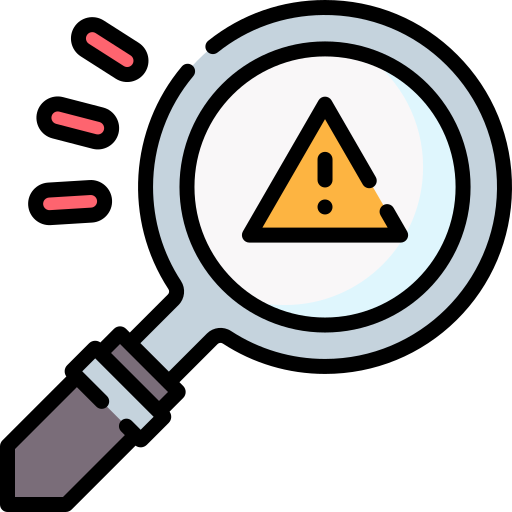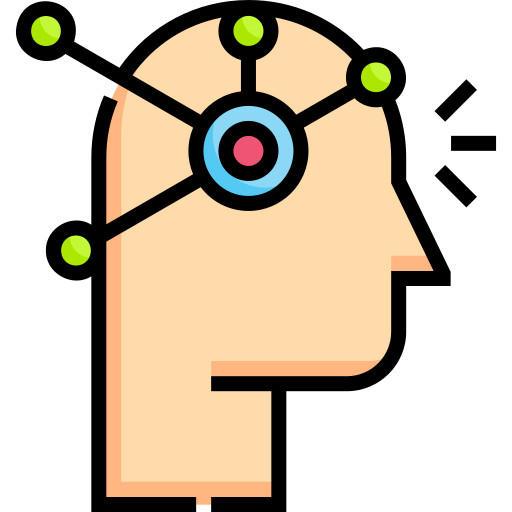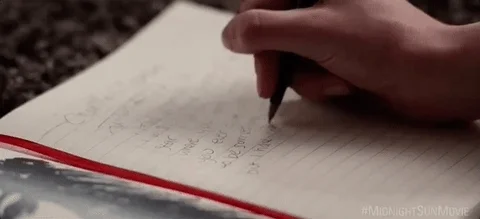
It's Monday morning, but your alarm didn't go off, so you had to rush to work on an empty stomach.
When you finally arrived, your boss criticized your work in front of everyone.
On your way to lunch, your long-term partner texted you to break up. You tried to call your best friends to vent, but they were unavailable.

Right before you got off work, it started raining. And you realized that you left the umbrella at home!
With one thing after another going wrong, you wonder how you can deal with these emotions.
Then you remembered something that could help: journaling!
Did you know?
Journaling for Emotional Awareness
When you write down your thoughts and emotions, you give yourself the opportunity to process them and gain a deeper understanding of what you're experiencing.
Journaling helps you:
 Identify Your Emotions
Identify Your Emotions
Figure out if you struggle with understanding your emotions.
 Explore Your Emotions
Explore Your Emotions
Consider the reasons why you're feeling a certain way.
 Track Your Emotions
Track Your Emotions
Identify areas where you may need to work on emotional regulation.
 Practice Mindfulness
Practice Mindfulness
Stay present in the moment and focused on your emotions.
If you're unsure about how to begin writing in a journal, prompts can assist you by giving specific ideas and directions to follow.
Step 1: Identify Negative Emotions

When you take the time to identify and understand your negative emotions, you can learn to manage them in a more productive way.
Start with these prompts:
Write down any negative thoughts you have now.
Do you notice any cognitive distortions that are affecting you?
Can you feel these negative emotions in your body physically?
Did you know?
Step 2: Understand Negative Emotions

Understanding negative emotions helps you identify triggers and can help you cope with those emotions better.
These prompts can help you understand your emotions:
What beliefs do I hold about myself or the world that may be contributing to this negative emotion?
How have I dealt with this negative emotion in the past? Was it helpful or unhelpful?
Subscribe for more quick bites of learning delivered to your inbox.
Unsubscribe anytime. No spam. 🙂
Step 3: Challenge Negative Emotions

It's important to recognize when we're having negative thoughts, but we also need to take action and change those negative thoughts by looking at things in a different way.
Try these journal prompts:
Can I really predict what will happen in the future?
Am I making assumptions that may not be true?
Am I overemphasizing the negative aspects of this situation?
Step 4: Replace Negative Emotions

You can swap out negative thoughts for positive and useful ones, such as by using affirmations.
Here are some affirmation prompts you can use to journal:
What good things could come out of this situation?
How can I make myself feel better and show more love to those around me?
How can I follow what I believe in without being controlled by fear?
Quiz: Dealing with the Negative Emotions

You've decided to spend 10 minutes journaling about what happened today before going home.
You found some prompts online to help you deal with negative emotions, with a focus on dealing with breaking up.
How did I deal with breakups before?
What would I like to feel instead of heartbreak?
Why can't I sustain a relationship?
How much power do I really have to affect what's happening right now?
Quiz
In order to use these prompts to deal with negative emotions, which ones should you use? Select all that apply:
Take Action
 Are you ready for a private counseling session with yourself through journaling?
Are you ready for a private counseling session with yourself through journaling?
Your feedback matters to us.
This Byte helped me better understand the topic.
